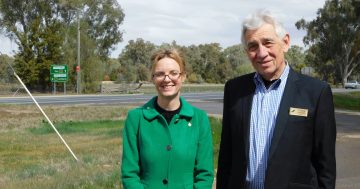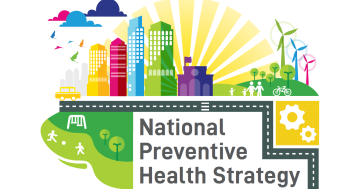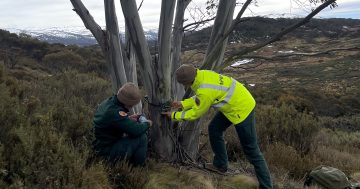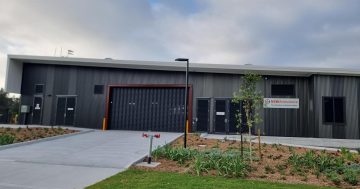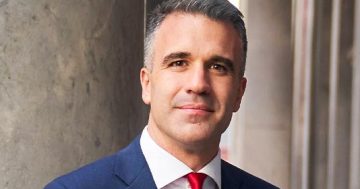 A performance audit into whether NSW Health effectively planned and delivered major capital works to meet the demand for health services has found the State’s health infrastructure expanded substantially since 2015.
A performance audit into whether NSW Health effectively planned and delivered major capital works to meet the demand for health services has found the State’s health infrastructure expanded substantially since 2015.
The audit found however the program was driven by local health priorities, meaning the State’s broader and future health requirements were not taken into account.
In her report, Health capital works, Auditor-General Margaret Crawford found that as a result, the value of the capital works to the State was not maximised.
“Planning and prioritisation processes were not assessed against a long-term Statewide health infrastructure plan and lacked rigorous assessment against non-capital options creating a risk that they do not maximise value for New South Wales,” Ms Crawford said.
“Local Health District investment proposals for hospitals were developed without consideration of alternative health options such as community health service models, technology-driven eHealth care, or private sector options,” she said.
“Without rigorous assessment against a range of potential health service options, there is a risk that selected projects do not maximise value.”
Ms Crawford said the scale of NSW Health’s capital investment was significant and had grown substantially in recent years.
She said NSW Health’s ability to effectively test and analyse its capital investment options was compromised by unclear decision-making roles and responsibilities between its Health Infrastructure and the Ministry of Health Agencies.
“While both Health Infrastructure and the Ministry of Health have responsibilities for the assessment of business cases for proposed infrastructure projects, confusion about the roles of each agency at key steps compromised the efficacy of the process,” she said.
“As a result of this confusion, Health Infrastructure and the Ministry of Health did not rigorously test Local Health District capital investment proposals against defined statewide health infrastructure investment priorities.”
Ms Crawford made four recommendations for NSW Health to establish effective arrangements to ensure the Health cluster’s capital funds were used to deliver the greatest value; that the Process of Facility Planning be strengthened; and that Health systematically monitor and publicly report on the total amount of contingency funds it controls as well as all major new works it initiates with an Estimated Total Cost of $5 million or more.
She also recommended NSW Health enhance its governance and project management systems by next month (September).
The Auditor-General’s 42-page report can be accessed at this PS News link.


